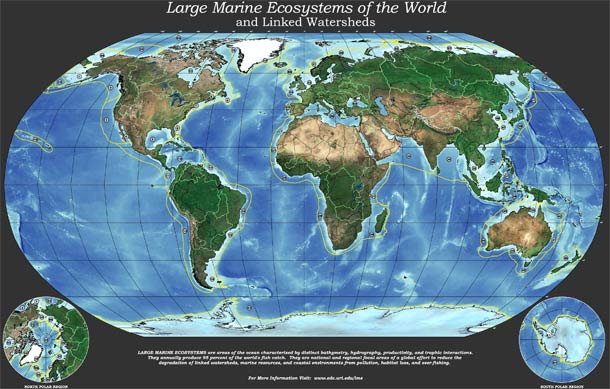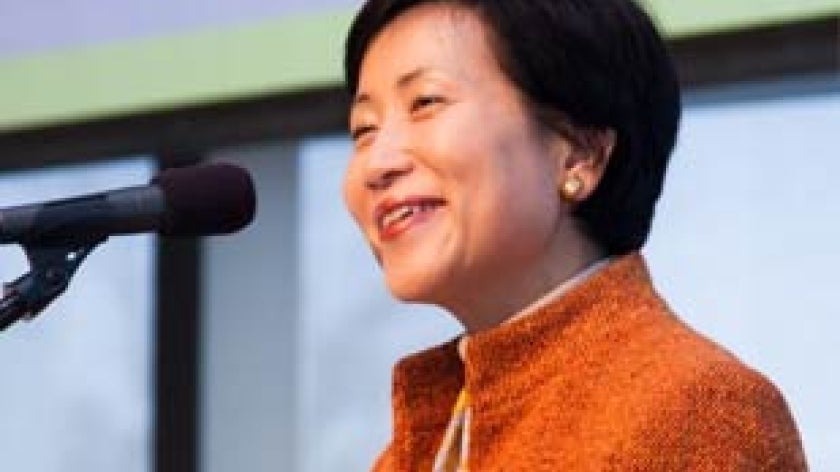
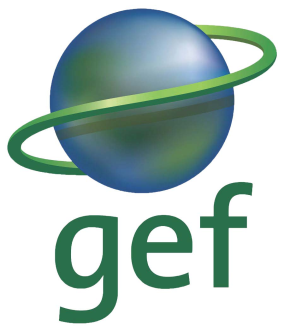
GEF%20Logo.png
|
Recovering Ocean HealthSaturday, February 16, 2013 12:30 – 5:30 pm JFK Presidential Library and Museum Columbia Point, Boston, MA 02125 |
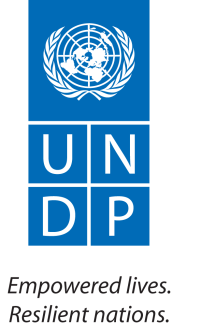
UNDP%20Logo.png
|
A global effort is underway for improving the health of ocean ecosystems
at risk from climate change and other stressors.
Leaders of the US NOAA, the Global Environment Facility, the International Council for Exploration of the Sea, the United Nations Development Program, and the Intergovernmental Oceanographic Commission of UNESCO, will be informing a unique cross section of scientists, government experts, educators, the public and the press on a global effort underway for healthier oceans, supported by substantial financial assistance to developing countries in Africa, Asia, Latin America, the Pacific, and eastern Europe.
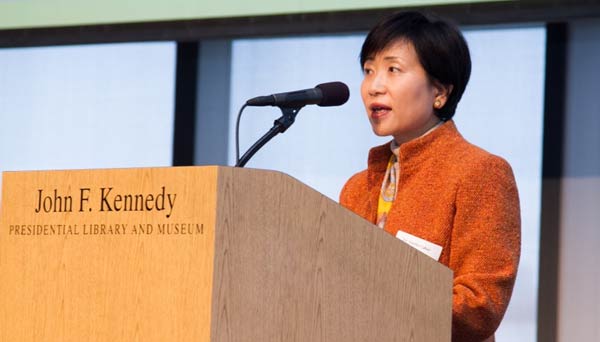
Dr. Ishii addresses the public at the "Stress, Sustainability and Development of Large Marine Ecosystems during Climate Change" conference in Boston. Click here to read her speech.
Each year the World’s 64 Large Marine Ecosystems (LMEs), located along the coasts of the continents, contribute trillions of dollars to the global economy. These LMEs are the focus of the vast majority of ocean-related sectoral activities, including fisheries, shipping, tourism, and oil and gas exploitation, Through these sectors, LMEs provide important contributions to global food security, energy supplies, ecosystem services and poverty reduction.
At present, the world’s LMEs are threatened by overfishing, pollution including nutrients, invasive species, and accelerated warming and acidification due to climate change. Despite a range of mitigating actions, many ocean ecosystems remain in decline. Without concerted action these impacts could become irreversible, threatening trillions of dollars in LME goods and services and the livelihoods of millions of people dependent upon healthy LMEs.
Mobilizing for healthier oceans, a coalition of leaders of scientific, governmental, United Nations and financial institutions are converging on Boston’s John F. Kennedy Library on February 16 to inform the scientific community, ocean decision makers and the general public of a range of successful partnerships for recovering the health and sustainable development of LMEs around the globe.
The one-day conference, “Stress, Sustainability and Development of Large Marine Ecosystems during Climate Change”, coincides and is linked with the annual meeting of the American Association for the Advancement of Science (AAAS), bringing an estimated 6,000 natural and social scientists to Boston.
Several key messages will be delivered by the distinguished panel of ocean leaders, including:
- The majority of the key challenges facing ocean ecosystems, including nutrient pollution/hypoxia, overfishing, invasive species, surface warming and ocean acidification, are not only worsening but are doing so at an accelerating pace, underscoring the need for urgent action;
- Sound science and socioeconomics, supported by robust ocean data and information systems, are vital inputs to maintaining the trillions in goods and services provided by the earth’s LMEs;
- A suite of ocean strategic planning tools and methodologies have been developed that have proven effective at creating the necessary enabling policy environment that can catalyse billions in financial flows for ocean restoration and protection;
- The level of public financial resources required to scale up proven ocean management planning and policy tools and methodologies are well within the reach of existing and emerging financial mechanisms such as the Global Environment Facility;
- In sum, sustainable management of the world’s LMEs, far from being an intractable problem, could become a successful legacy of today’s generation of decision makers.
Keynote speakers for the conference include:
Dr. Jane Lubchenco, Under Secretary of Commerce for Oceans and Atmosphere and NOAA Administrator, will address solutions to three critically important ocean health tipping points—climate warming, oxygen depletion events, and acidification—affecting LME health and economic development, and how these link to the Obama administration’s new policy for improving ocean health.
Dr. Naoko Ishii, CEO and Chairperson of the Global Environment Facility, will describe her strategy for the GEF to promote the sustainable development of the world’s Large Marine Ecosystems. Dr. Ishii heads the world’s largest public institution financing projects to benefit the global environment. Large Marine Ecosystems are among the most important -- and most threatened -- of the global environmental commons that are the GEF’s mission to protect. The GEF has cumulatively provided over $1 billion in grant assistance, leveraging 3 to 4 times this in co-financing, for actions to sustain fisheries, reduce pollution and ocean hypoxia, and prevent marine invasive species.
From a European perspective, Dr. Anne Christine Brusendorff, General Secretary of ICES, will share the Baltic Sea LME experience, whereby a GEF grant investment of $12 million to introduce the LME–based modular assessment and management approach to the Baltic Sea countries helped to leverage $100 million in EU financing for improving Baltic Sea health.
Dr. Veerle Vandeweerd, Director of UNDP’s Environment and Energy Group, will describe the results of a recent UNDP/GEF publication, Catalysing Ocean Finance, which, drawing from strategies and results in the UNDP/GEF International Waters portfolio over the last twenty years, demonstrates how a modest investment of public finance could be used to scale up proven ocean planning and policy tools, catalyse sizeable financial flows, transform ocean markets, and reverse the global decline in ocean health.
Dr. Wendy Watson-Wright, IOC-UNESCO, will describe IOC’s long-term commitment to advancing application of marine science, data and information to promote ecosystem-based management of LMEs, and its efforts to help nations monitor and adapt to the impacts of climate change on oceans.
The role of marine spatial planning (MSP) in restoring and sustaining ocean health will be examined by a distinguished panel describing the perspective of MSP practice in North America, South America, Africa, and Asia.
Results from the Saturday event at the JFK Library will be carried over to Sunday’s 17 February AAAS Symposium on LMEs at Boston’s Hynes Convention Center. Senior LME scientists will be presenting results of GEF-supported projects conducted by the People’s Republic of China and the Republic of Korea for the Yellow Sea LME; by Angola, South Africa, and Namibia for the Benguela Current LME; and by Chile and Peru on the Humboldt Current LME.
Key recent reports linked to the conference topic will be made available to participants and the media, including:
- Catalysing Ocean Finance,Volume I: Transforming Markets to Restore and Protect the Global Ocean. United Nations Development Programme/Global Environment Facility (2012)
- Catalysing Ocean Finance Volume II: Methodologies and Case Studies. United Nations Development Programme/Global Environment Facility (2012)
- Frontline Observations on Climate Change and Sustainability of Large Marine Ecosystems. Editors K. Sherman and G. McGovern. United Nations Development Programme/Global Environment Facility (2012)
For additional information, contact Dr. Andrew Hudson, Head, UNDP Water & Ocean Governance Programme, at andrew.hudson@undp.org, tel. 1 212 906 6228
